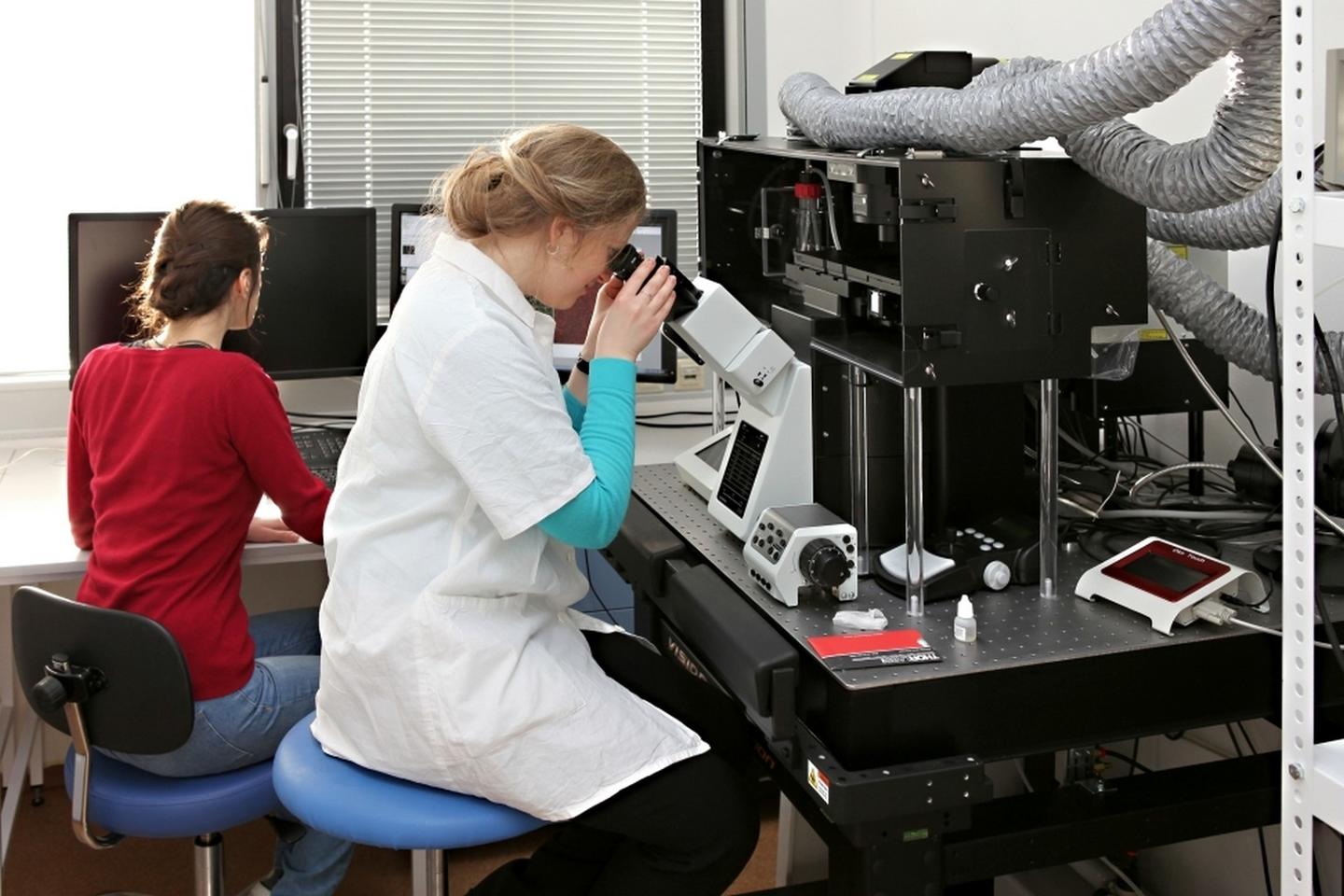Key information about the programme
- The programme is operated by: Ministry of Finance of the Czech Republic
- The Donor Programme Partner in this programme is: Norwegian Institute of Public Health
- Other programme partner: Ministry of Health of the Czech Republic
- The programme's objective is: Improved prevention and reduced inequalities in health
- The programme funding amounts to over 14 million Euros (excluding co-financing) and is funded entirely by the EEA Grants.
Why is the programme needed?
Although people in general live longer and healthier lives than before, inequalities in life expectancy, access to health services and burden of diseases remain – for both communicable and non-communicable diseases. Insufficient funding in certain medical fields can directly affect public health especially of vulnerable groups. The EEA Grants support equality in health by improving access to health care in deprived areas and for vulnerable groups such as Roma.
Mental health (in particular children’s mental health and well-being) is a major health challenge identified in the stakeholder consultation carried out in the Czech Republic in the preparation of this programme. Additional resources are needed to improve treatment, knowledge and skills and to support parental involvement in treatment. In addition, there is limited public awareness and understanding of mental health problems. This can result in social stigma and prejudice which prevents parents from seeking treatment for their children. The programme supports improved diagnosis and better care/rehabilitation systems for children with mental health issues, prevention programmes targeting children, and awareness raising. The programme also supports measures to empower civil society in the health sector to further stimulate participation of patient groups in policy and decision-making processes. It is expected that increased patient participation will contribute to a more effective allocation of resources and more efficient and sustainable health services.
Prevention of communicable and non-communicable diseases is also addressed in the programme as guidelines for general practitioners will be developed and secondary prevention measures of communicable and non-communicable diseases in deprived areas will be supported (with a focus on Roma access to health services). The programme includes support for measures to improve the treatment and conditions of people with dementia as well as awareness raising in this field.
What will the programme achieve and who are the beneficiaries?
To reduce inequalities in health, projects will be integrated and coordinated proportionally. Focus will be put on the needs of vulnerable groups and marginalized populations in deprived areas under three components: (1) support for children’s mental health and well-being; (2) measures for prevention of diseases; and (3) empowerment of civil society in the health sector.
Under the first component it is envisaged that 2000 children will benefit from improved mental health services. New training courses will be developed, and health professionals trained. A targeted programme supporting parenting interventions to improve the mental health of their children will be developed. Under the second component preventive measures, including universal action to combat antimicrobial resistance, will be supported and 700 health professionals will be trained in prevention, early detection and treatment of communicable- and non-communicable diseases. 300 family members or informal carers of patients with dementia will also receive training. Fifteen patient organisations will benefit from capacity building measures and a patient organisation hub will be established. The patient hub will handle approximately 75000 requests. The programme supports 25 awareness raising campaigns which are expected to have positive effects on health care across society.
How will the programme strengthen bilateral relations?
The programme will contribute to strengthening bilateral relations between the Czech Republic and the Donor States. Partnerships between Czech entities and the Donor countries will be encouraged at project level through matchmaking events and activities in conjunction with the launch of calls for proposals. These partnerships can result in mutually beneficial activities and long-lasting cooperation between involved partners.
Availability of funding through open calls
Funding in this programme will be made available in the following open calls. See blow for the tentative launch dates:
- Call 1: Mental Health of Children – third quarter 2019
- Call 2: Prevention of communicable and non-communicable diseases – third quarter 2019
- Small Grant Scheme 1: Mental Health of Children – fourth quarter 2019
- Small Grant Scheme 2: Support of prevention measures targeting dementia – fourth quarter 2019
- Small Grant Scheme 3: Support of patient organizations – fourth quarter 2019
Download the full programme agreement for more detailed information
More information can also be found on the Programme Operator's website and the Donor Programme Partner's website: Norwegian Institute of Public Health
